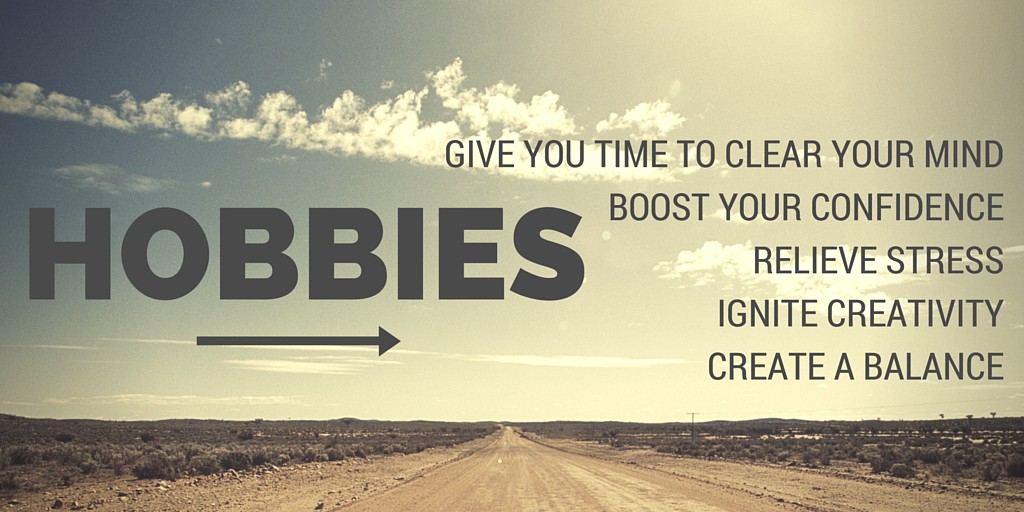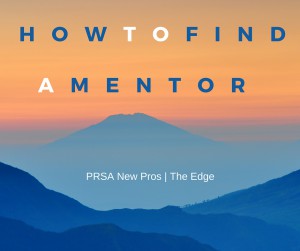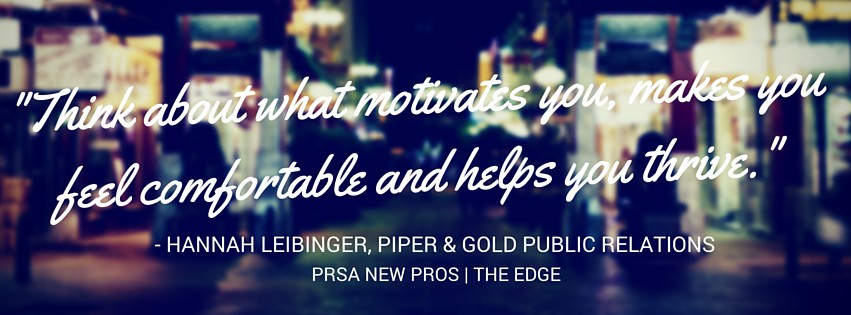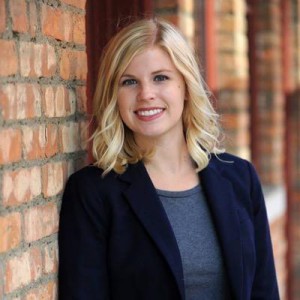Juggling your many responsibilities as a new PR pro probably leaves you wanting to curl up on the couch with your Seamless and Netflix to recharge before you face another day. Set that remote down though, because research has found that engaging in a hobby is a much better way to decompress and re-energize yourself.
According to a 2013 study by Concordia University, people who have hobbies are generally healthier and have a lower risk of depression and dementia as they age. Similar research by a team at San Francisco State University noted that professionals who engage in hobbies, particularly creative activities, are better able to conceive creative solutions for problems in the office. Seems like hobbies are all-around good for you, but what can they do to improve your day-to-day life as a new pro?
Hobbies give you time to clear your mind.
Focusing on a task or project that requires your full attention gives you the opportunity to disconnect from the world around you. The more difficult your hobby, the better. Concentrating on one task for an extended period of time allows your brain to reboot. Just like shutting off your computer every once in awhile is good for it, giving your brain a chance to restart can bring you back refreshed and with a new perspective.
Hobbies boost your confidence.
Think about the last time you were really excited about something you accomplished. That rush of adrenaline, the joy of completing something you’ve been working towards, the pride you felt knowing your hard work had paid off – it felt good right? Maybe like you were on top of the world? Mastering a hobby or a skill can have the same confidence-boosting effects. Whether you’re learning to knit, working on your golf game, cooking your way through Chrissy Teigan’s Cravings or learning to code, conquering your own mountains can make you more confident when approaching other obstacles.
Hobbies relieve stress.
It doesn’t matter if you’ve been struggling with the same problem for days or if your roommate is the source of your angst, spending time on something that is solely for you can wash all that tension away. Concentrating your time and energy on a hobby can put you into a relaxing meditative state. Your brain only has a set amount of room and if you fill it up with fun things, there’s no room left for whatever was bothering you. Plus…
Hobbies ignite creativity.
Zoning out a bit and doing something out of the ordinary can get your creative juices flowing. Spend a little time using your brain in different ways and you’ll start to find new ways to connect the dots of your everyday life. Creativity is just like muscle or math, if you don’t use it, you lose it.
Hobbies create a balance.
Everything is good in moderation. Work, sweets and Netflix are just a few of the things that should be balanced with other things. Every hour of every day shouldn’t be spent on work, work, work. Making time for things you’re interested in is a way of giving yourself a break that you shouldn’t feel bad about. Hobbies aren’t wasting time or frivolous; they’re life-enriching ways to explore new interests and learn new things without feeling like you need to dedicate your life to them. Balancing work and play makes doing things you’re not-so-excited for not-so-bad.
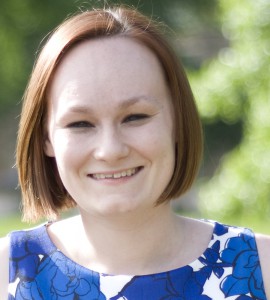 Robyn Rudish-Laning is a member of South Carolina’s PRSA chapter and is communications coordinator for the South Carolina Council on Competitiveness. Robyn is also a member of the New Professionals executive committee. She is a graduate of Duquesne University and is currently located in Columbia, SC. You can connect with her on LinkedIn or Twitter or read her blog here.
Robyn Rudish-Laning is a member of South Carolina’s PRSA chapter and is communications coordinator for the South Carolina Council on Competitiveness. Robyn is also a member of the New Professionals executive committee. She is a graduate of Duquesne University and is currently located in Columbia, SC. You can connect with her on LinkedIn or Twitter or read her blog here.

